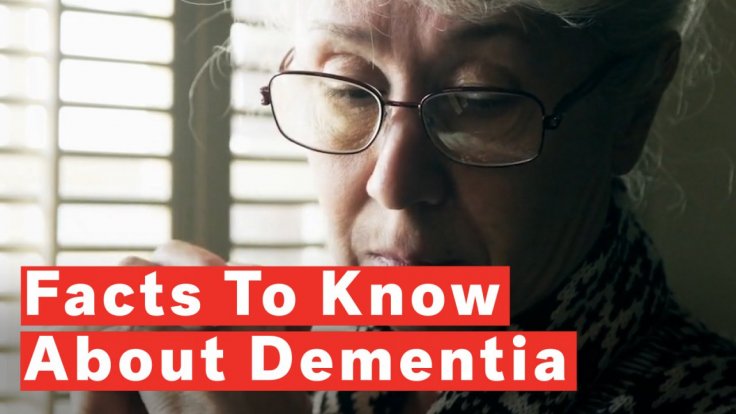
About half of Americans inaccurately estimate their chances of developing dementia and many do not understand the connection between physical health and brain health, a survey has revealed.
According to the study, only 5.2 per cent of people, regardless of their self-rated risk for dementia, discuss ways to prevent the disease with their doctor, while many participants do not understand how racial differences can affect dementia risk and do useless things to prevent it.
Substantial numbers of people who rated their health as fair or poor thought their dementia chances were low, while many who said they were in excellent health condition said they were likely to develop the memory-robbing neurodegenerative disease, suggested the research based on a nationally representative health survey of 1,000 adults aged between 50 and 64 years.
The survey-based on National Poll on Healthy Aging in the US suggested that a substantial 40 per cent among those who said their physical health was only fair or poor thought they were at low risk for Alzheimer's disease or dementia, and almost the same portion rated their chances as likely even though they reported very good or excellent physical health.
Many of those participants of the research published in the journal JAMA Neurology said they tried at least one of four unproven memory-protecting methods such as taking supplements like fish oil and ginkgo, as well as the most popular strategy of doing crossword puzzles.
Keith Fargo, who oversees research and outreach programs at the Alzheimer's Association and was not involved in the study, suggested mental stimulation helped, but there was stronger evidence for more challenging activities than puzzles, including playing chess, taking a class, and reading about unfamiliar topics.
While numerous studies have shown that regular exercise, a good diet, limiting alcohol use, and not smoking put off the risk of dementia, supplements have been proven unhelpful in limiting the risk of the disease.
"We really haven't done a good job of getting the word out that there really are things you can do to lower your risk," stressed lead author Dr Donovan Maust, a geriatric psychiatrist at the University of Michigan. He said the results were concerning because doctors could significantly help people manage conditions such as high blood pressure and diabetes linked with dementia risk.
More whites than blacks or Hispanics believed they were likely to develop dementia and almost two-thirds of blacks said they were unlikely. Earlier research shows that US minorities face a higher risk for dementia than whites, with blacks facing double the risk.
Fargo said that there is a need to "educate the public so they can take some actions to protect themselves" as one in three seniors in the US, according to the Alzheimer's Association, die with the disease or other dementias that at present have no cure or medical treatments to prevent it.
Robert Schoeni, a professor at the University of Michigan Institute for Social Research, Gerald R Ford School of Public Policy and Department of Economics, suggested, the number of Americans developing the disease was declining, but elderly aged 85 and older facing the condition would roughly double in the next 20 years.
Even with a decline in the rate of dementia among older adults, the number of people with dementia will likely increase substantially, Schoeni explains. More than 45 million people worldwide have dementia, and its economic impact, including unpaid care provided by families, estimates about $800 billion annually, Schoeni stressed.
Vicki Freedman, a research professor of the U-M Institute for Social Research, said the overall favourable trend seemed to be linked to higher education levels among older Americans, but substantial gaps remained between more and less educated groups.
Ken Langa, a research professor of the U-M Institute for Social Research and Institute for Healthcare Policy and Innovation, suggested the most powerful way to lower both the proportion and number of people with dementia was to develop prevention strategies and treatments that directly delayed the onset of the disease. The researcher said further research was needed to understand the role of cardiovascular risk factors in trends of dementia.









